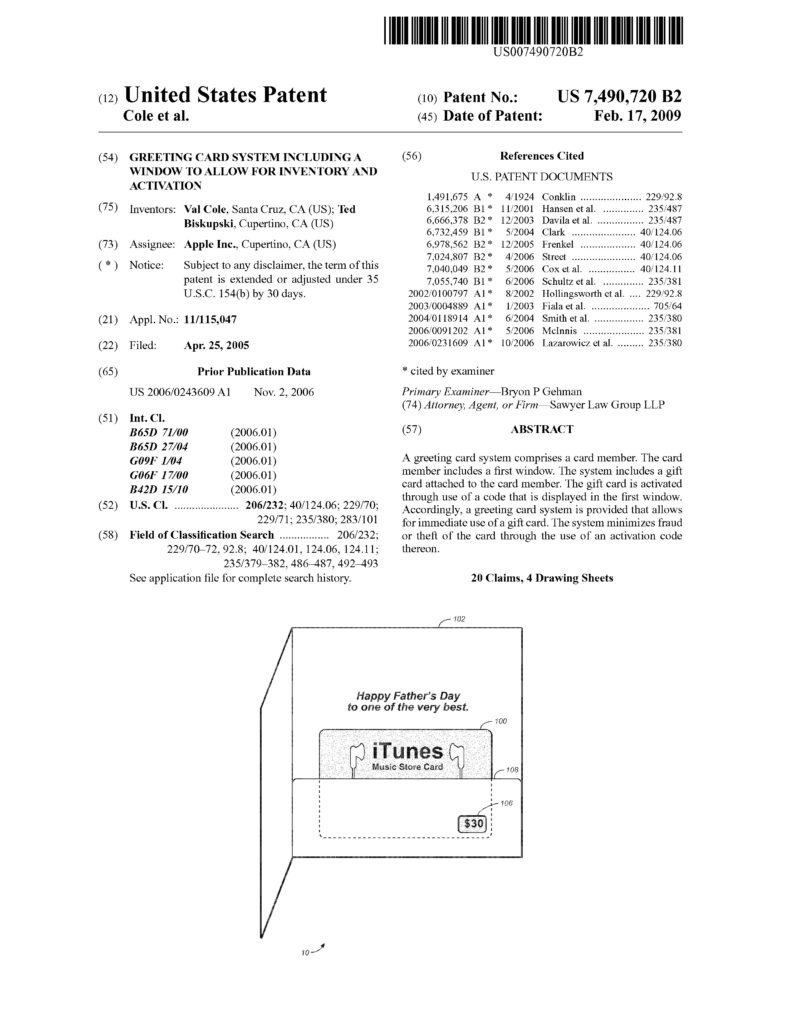In Iridescent Networks, Inc. v. AT&T Mobilitiy, LLC, [2018-1449] (August 12, 2019), the Federal Circuit affirmed judgment of non-infringement of U.S. Patent No. 8,036,119, on System and Method of Providing Bandwidth on Demand, affirming the district court’s construction of “high quality of service connection.”
The ’119 patent discloses a system and method for managing network traffic routes and bandwidth availability to minimize adverse network conditions and to assure that the network connection maintains a requested minimum level of one of these three parameters. Iridescent proposed broadly construing the claim term “high quality of service connection” to mean “a connection in which one or more quality of service connection parameters, including bandwidth, latency, and/or packet loss, are assured from end-to-end based on the requirements of the application.” The magistrate judge, however, largely adopted AT&T’s proposed construction, construing the term to mean “a connection that assures connection speed of at least approximately one megabit per second and, where applicable based on the type of application, packet loss requirements that are about 10-5 and latency requirements that are less than one second.”
The Federal Circuit began with the language of the claims. The district court found that “high quality of service connection” is a coined term that has no ordinary meaning in the industry, and the Federal Circuit agreed. Because the claim was silent as to what amount of quality is sufficient to be “high,” the Federal Circuit looked first to the specification, followed by the prosecution history, to determine the meaning of the term “high quality of service connection.”
The applicant of the ’119 patent relied on Figure 3 during prosecution to support an amendment that gave rise to the term “high quality of service connection.” Figure 3 indicates minimum requirements for connection speed, packet loss, and latency. During prosecution of the parent application, the applicant argued that “the various connection parameters illustrated for high quality of service enabled bandwidth applications in Fig. 3” supported the term “high quality of service connection.” The Federal Circuit found the applicant relied on the minimum connection parameter requirements described in Figure 3 to overcome the examiner’s §112 enablement rejection.
The Federal Circuit rejected the patent owner’s argument that the prosecution history was not relevant in the absence of clear disavowal, noting that any explanation, elaboration, or qualification presented by the inventor during patent examination is relevant, for the role of claim construction is to capture the scope of the actual invention that is disclosed, described, and patented. The Federal Circuit said that where there is no clear ordinary and customary meaning of a coined term of degree, it may look to the prosecution history for guidance without having to first find a clear and unmistakable disavowal.
The Federal Circuit also rejected the argument that statements made in response to an enablement rejection do not affect claim scope. Noting that the enablement requirement prevents claims broader than the disclosed invention.
The Federal Circuit affirmed the District Courts claim construction.

